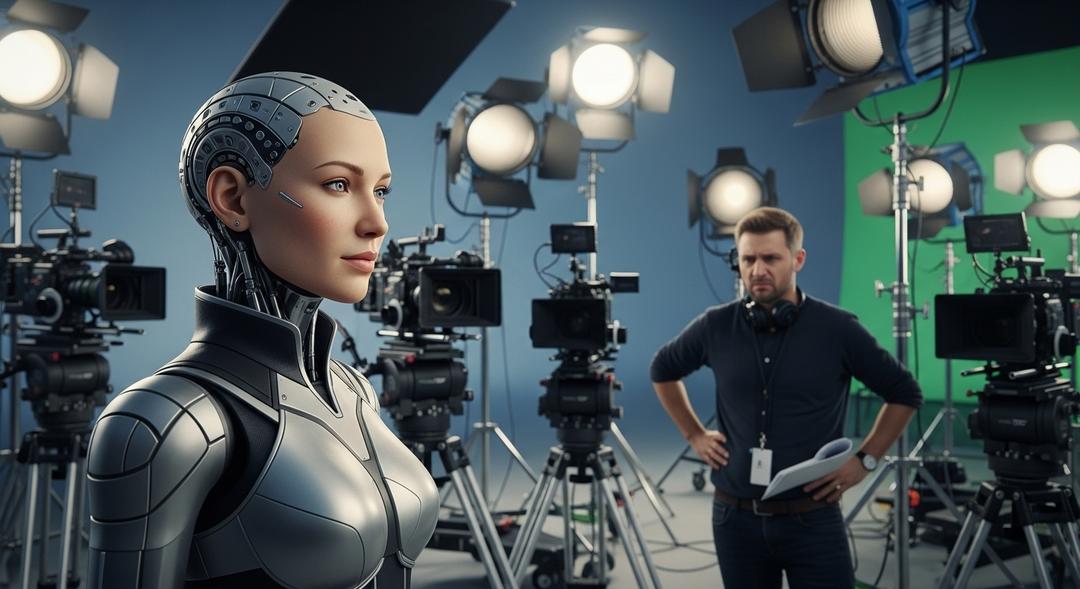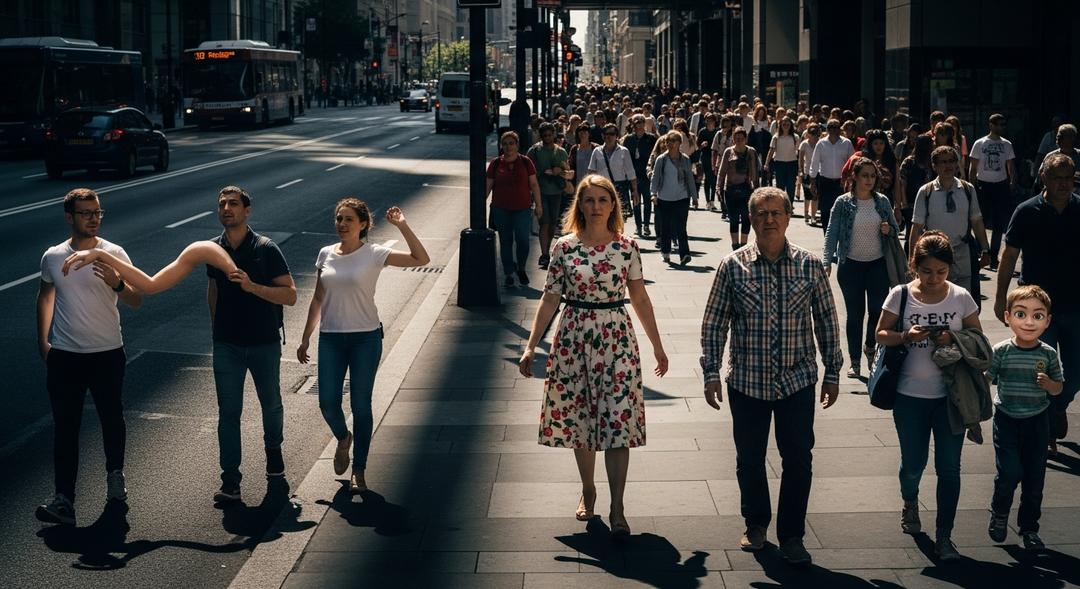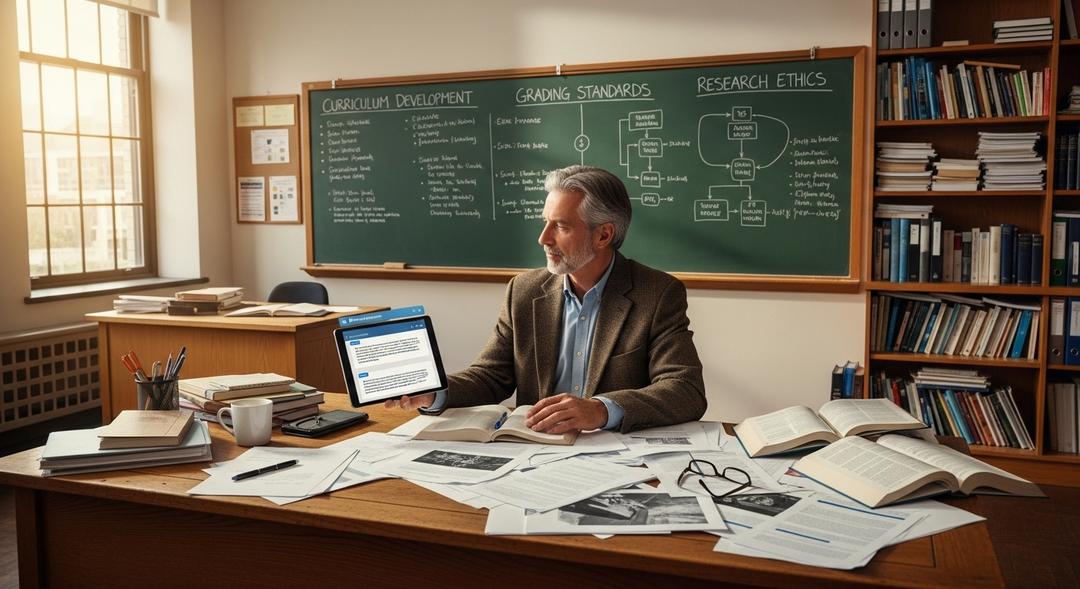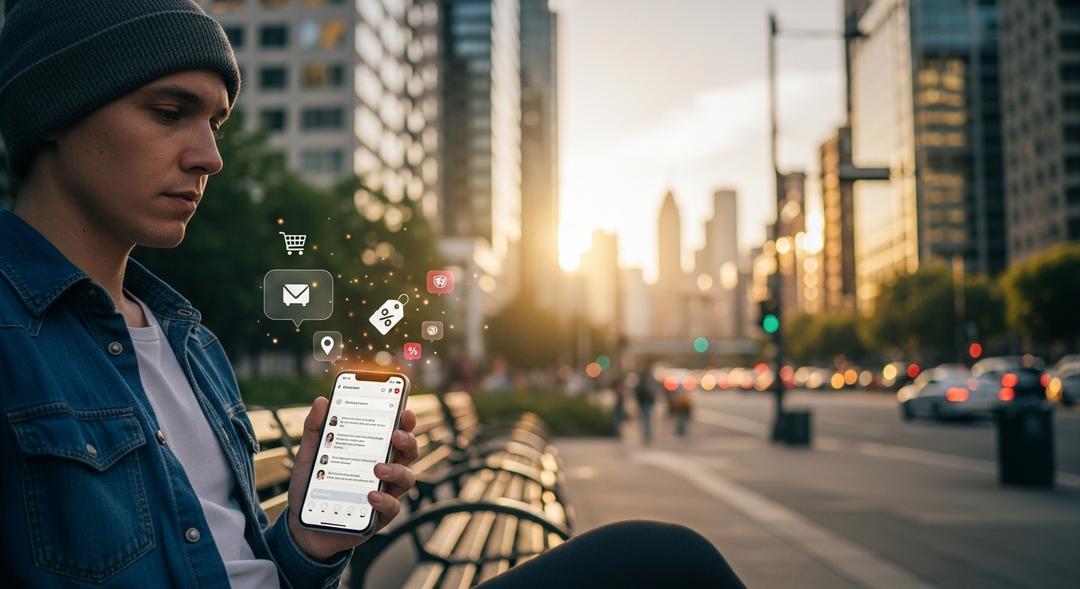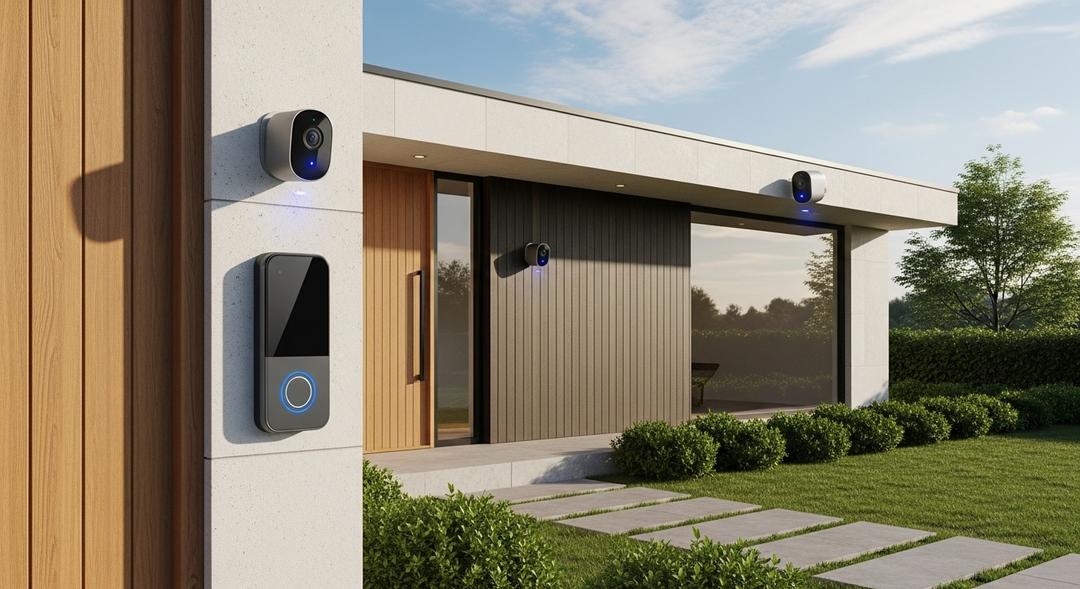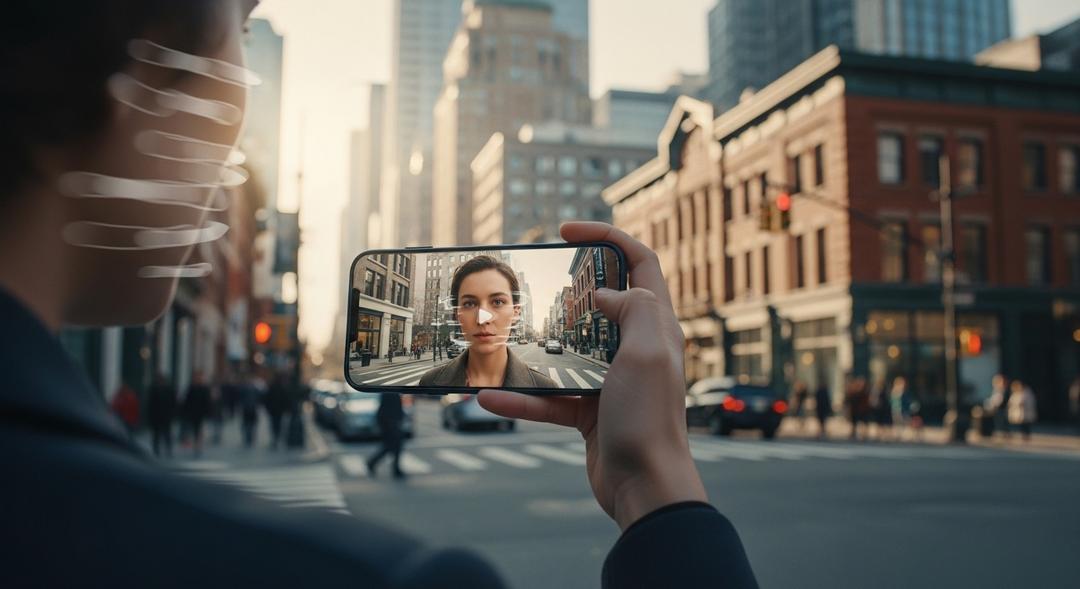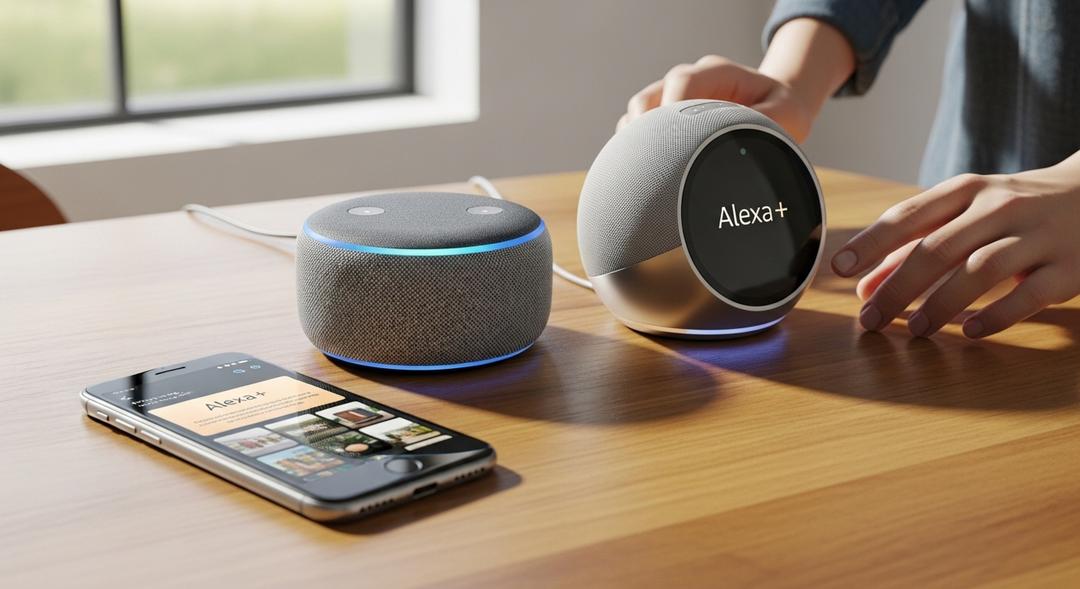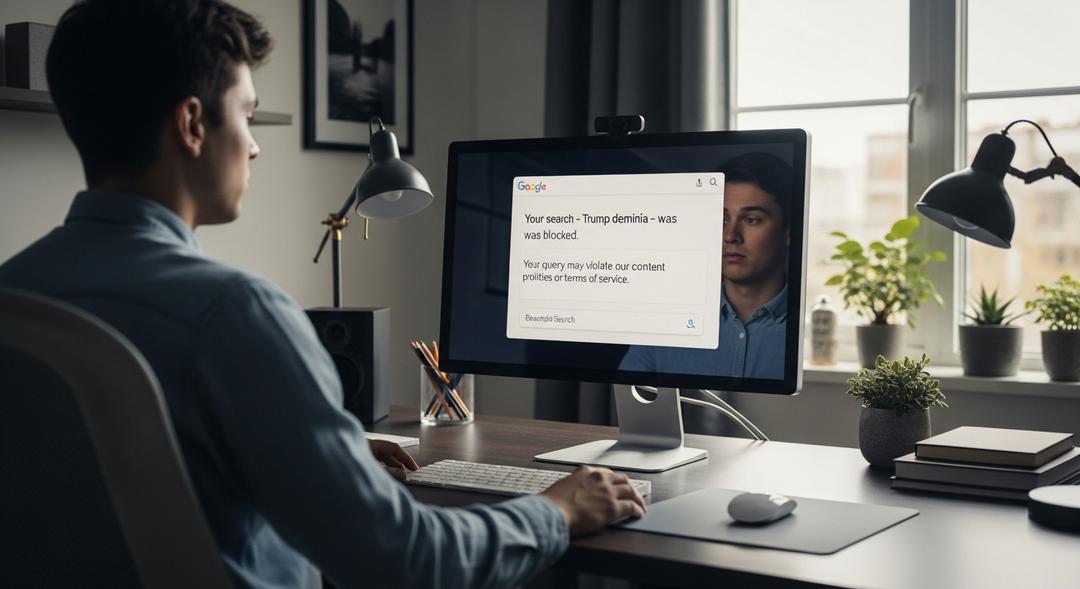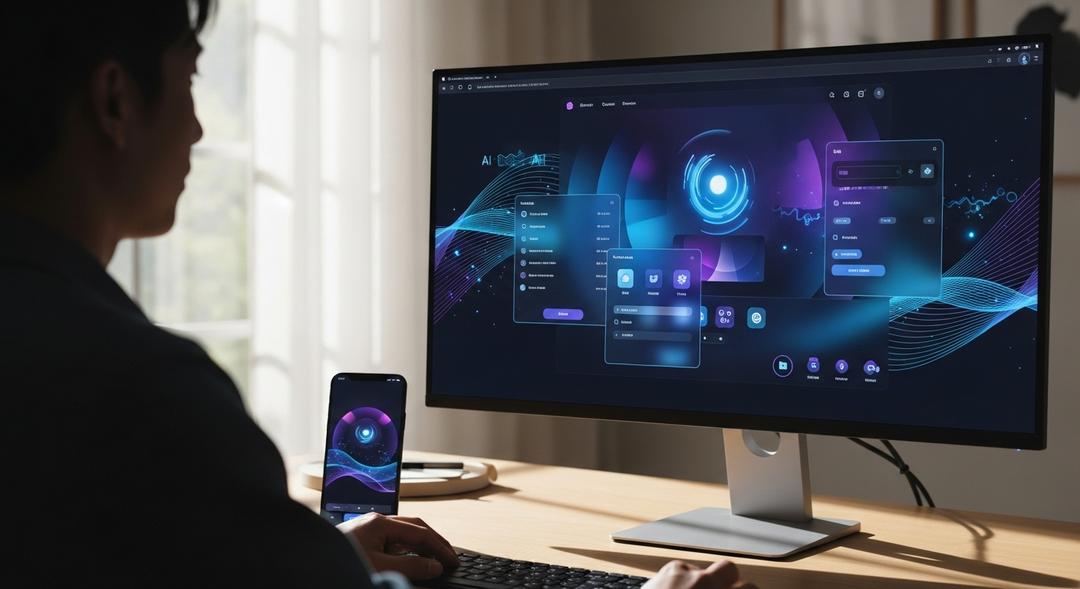An AI creation has found itself at the center of a Hollywood storm.
Since February, a virtual character named digital invention built by Eline Van Der Velden and the tech startup Particle6, a company keen to showcase new storytelling technology for film and television, has been making waves online. At first glance, she seems just like any aspiring actor on Instagram, posting screen tests and chasing her big break. But Tilly isn’t a real person.
When news broke that Hollywood agencies had shown interest in potentially representing Tilly, the response from the acting community was swift and emotional. Some of the industry’s most well known faces jumped into the comment section, their frustration spelled out in direct language. Game of Thrones star Sophie Turner left a sharp “Wow … no thanks” under a Tilly post. Cameron Cowperthwaite, seen on Shameless and American Horror Story, wrote, “This is incredibly thoughtless and frankly disturbing.”
The rise of AI figures like Tilly has stirred up a debate that Hollywood has been having for some time. Many actors, writers, and directors fear that their creative output has fed these AI systems without consent or reward and that the industry might one day shift away from human talent altogether.
AI Sparks Legal Disputes, Raises Industry Alarms
Tensions over artificial intelligence were at the core of last year’s Hollywood strikes. In response to these dangers, unions pushed for, and secured, rules around AI’s use in future productions. But as enterprising individuals and tech firms experiment with AI content, those protections don’t always reach outside Hollywood’s biggest players.
This isn’t only about actors worried for their jobs. Media companies are taking legal action. Disney and Universal filed lawsuits against Midjourney after claims that their AI technology reproduced iconic characters in ways that violated intellectual property law. Warner Bros. quickly followed with their own legal challenge.
Tilly’s creator, Van Der Velden, responded to the controversy by saying, “She is not a replacement for a human being, but a creative work — a piece of art.” For her, AI stands alongside animation and CGI as an imaginative tool, opening new paths rather than shutting down old ones.
Not all are comforted. Mara Wilson, known for her childhood roles in Matilda and Mrs. Doubtfire, responded to Tilly’s account by saying, “You didn’t make this. Hundreds of real workers, real photographers, camera operators, heck, even farmers, made this. You took their work and pretended it was yours.”
Meanwhile, companies developing AI continue to refine their approach. OpenAI has begun letting studios know that unless rights holders opt out, their proprietary material could end up in AI generated video. They say public figures can control whether their likenesses appear in these productions.
The industry’s argument over AI and the boundaries of creative ownership is only heating up, with actors and tech creators locked in a complicated dance as technology transforms entertainment.
